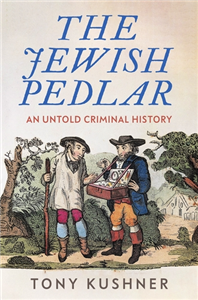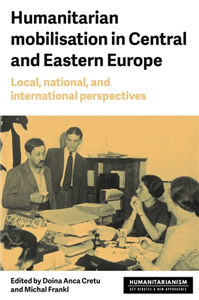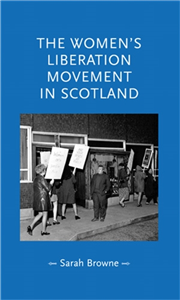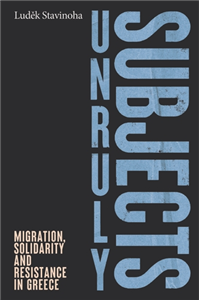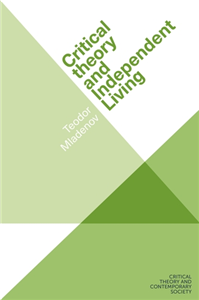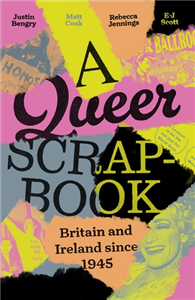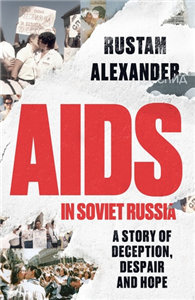Business, Economics & Law
March 2009
Geographies of transnational solidarity
This book provides a critical investigation of what has been termed the 'global justice movement'. Through a detailed study of a grassroots peasants' network in Asia (People's Global Action), an international trade union network (the International Federation of Chemical, Energy, Mining and General Workers) and the Social Forum process, it analyses some of the global justice movement's component parts, operational networks and their respective dynamics, strategies and practices. The authors argue that the emergence of new globally-connected forms of collective action against neoliberal globalisation are indicative of a range of place-specific forms of political agency that coalesce across geographic space at particular times, in specific places, and in a variety of ways. Rather than being indicative of a coherent 'movement', the authors argue that such forms of political agency contain many political and geographical fissures and fault-lines, and are best conceived of as 'global justice networks': overlapping, interacting, competing, and differentially-placed and resourced networks that articulate demands for social, economic and environmental justice. Such networks, and the social movements that comprise them, characterise emergent forms of trans-national political agency. The authors argue that the role of key geographical concepts of space, place and scale are crucial to an understanding of the operational dynamics of such networks. Such an analysis challenges key current assumptions in the literature about the emergence of a global civil society. ;





